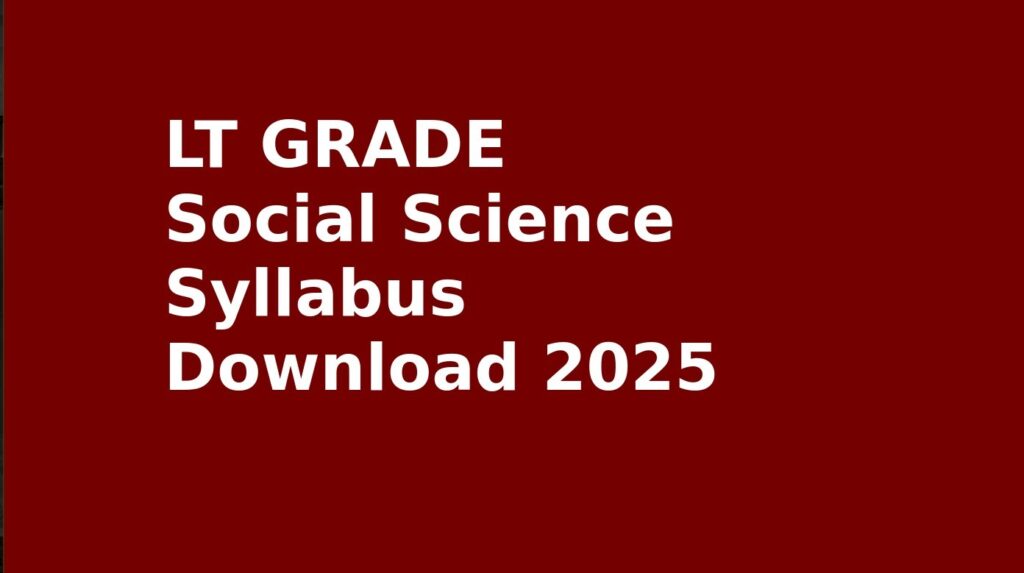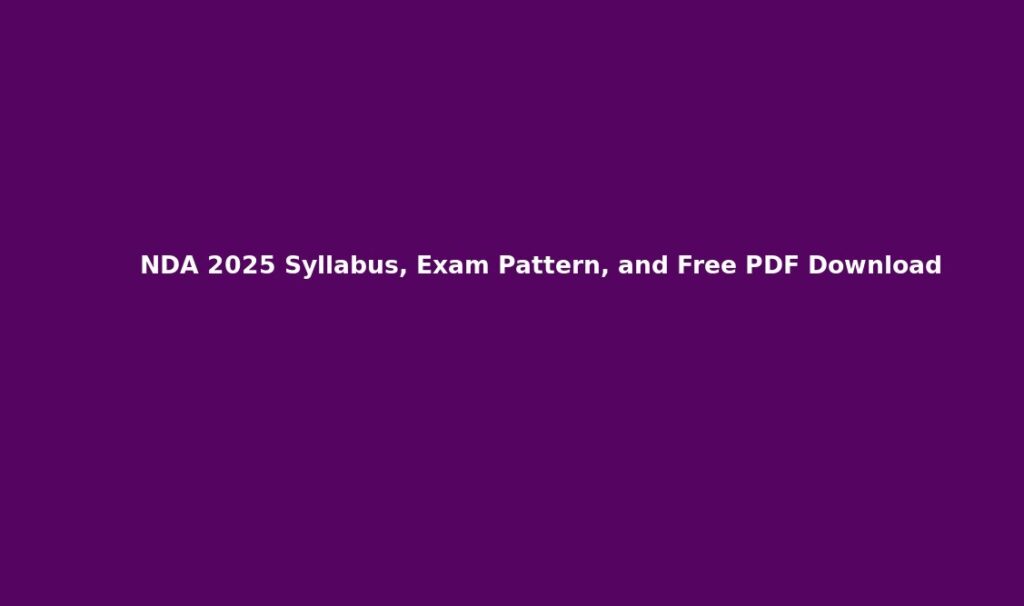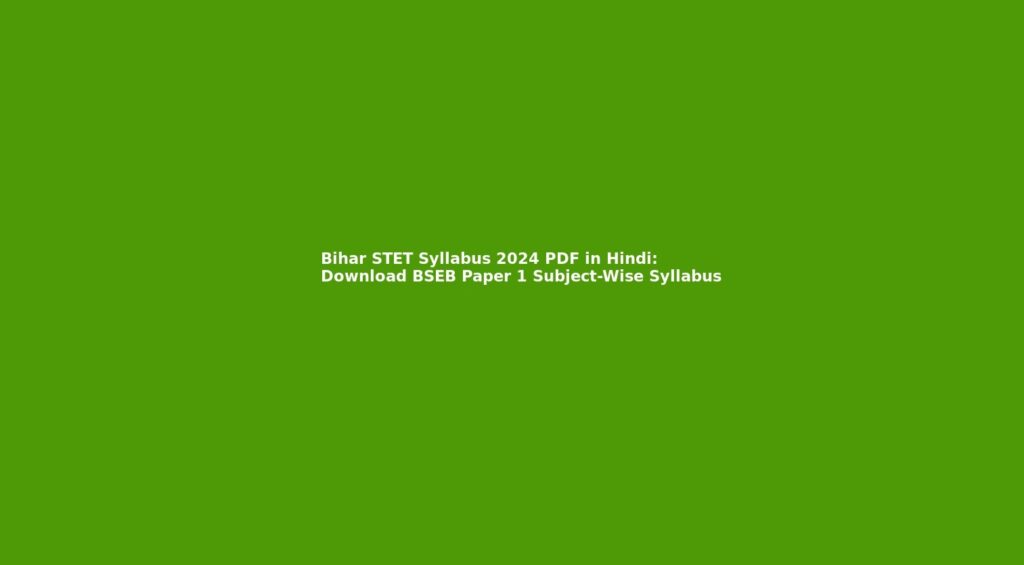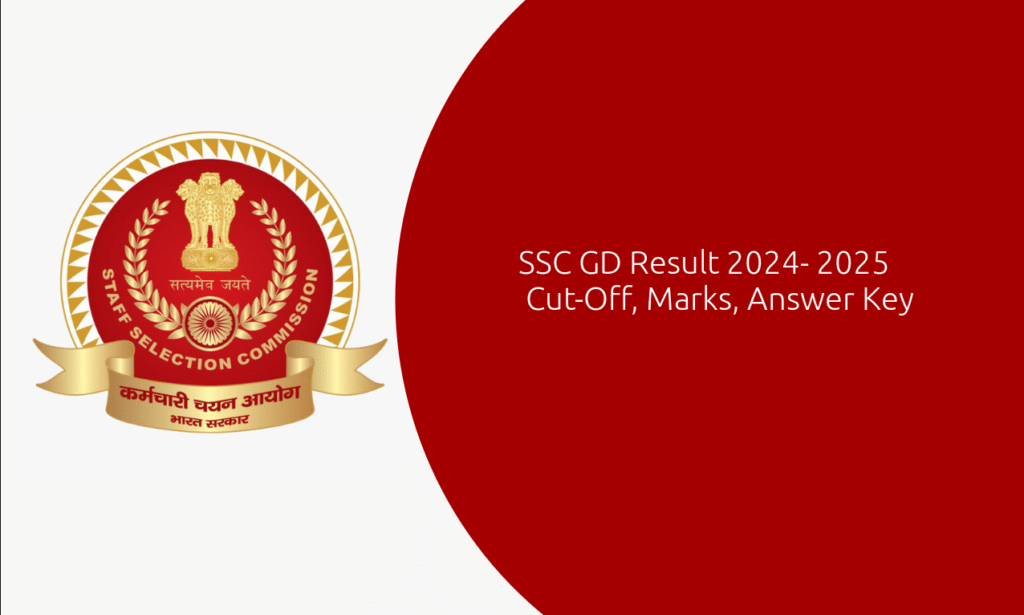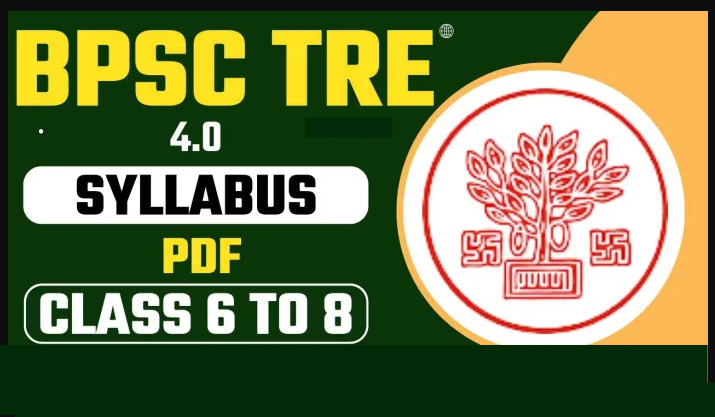Are you aspiring to become directly an Additional District Judge in Uttar Pradesh through the UP Higher Judicial Service (HJS) Examination 2025? Understanding the exam pattern, syllabus, and selection criteria is the first step toward success. This detailed guide outlines everything you need to know about the UP HJS 2025 — from the preliminary test to the final interview.
📌 Overview of UP Higher Judicial Service Examination 2025
The UP HJS Exam 2025 is conducted under the provisions of UP Higher Judicial Service Rules, 1975, and consists of three stages:
- Preliminary Examination
- Main Written Examination
- Interview Test
Let’s break down each stage, along with the official syllabus and marking scheme.
📝 Stage 1: Preliminary Examination
✅ Key Highlights
- Type: Objective (Multiple Choice Questions)
- Duration: 2 Hours
- Total Questions: 100
- Marks: 100 (1 mark per question)
- Negative Marking: ❌ None
✅ Qualifying Marks
- Candidates must score at least 45% to qualify.
- 20 times the number of vacancies (category-wise) will be shortlisted for the Mains.
🧾 Stage 2: Main Written Examination
🗂️ Structure of Mains Exam
| Paper | Marks | Duration |
|---|---|---|
| Paper I: General Awareness & Legal Language | 100 | 3 Hours |
| Paper II: Law – I | 200 | 3 Hours |
| Paper III: Law – II | 200 | 3 Hours |
| Paper IV: Law – III | 200 | 3 Hours |
- Type: Subjective (Descriptive)
- Language: Answers can be written in Hindi or English, unless specified.
✅ Qualifying Marks for Mains
- 40% in each paper
- 45% aggregate across all four papers
- Top 3x the number of vacancies (category-wise) will be called for interview
📚 UP HJS Mains Syllabus 2025
📄 Paper I – General Awareness & Legal Language (100 Marks)
Section A – General Awareness (50 Marks)
Includes:
- History of India and Indian Culture
- Indian Polity & Geography
- Current National & International Issues
- Social Relevance Topics
- Indian Economy
- Science & Technology, Space & Communication
Section B – Legal Language (50 Marks)
Includes:
- Legal Comprehension
- Critical Analysis of Judgments
- Legal Expression in English and Hindi
⚖️ Paper II – Law I (200 Marks)
Focused on Civil & Constitutional Laws:
- Constitution of India
- Code of Civil Procedure, 1908
- Indian Contract Act, 1872
- Law of Torts
- Transfer of Property Act, 1882
- Specific Relief Act, 1963
- Partnership Act, 1932
- Limitation Act, 1963
- Motor Vehicles Act, 1988
- Court Fees Act, 1870
- Registration Act, 1908
- Easements Act, 1882
- Trusts Act, 1882
- Sales of Goods Act, 1930
- General Clauses Act, 1897
- Contempt of Courts Act, 1971
- Information Technology Act, 2000
- Indian Evidence Act, 1872 & Bhartiya Sakshya Adhiniyam, 2025
⚖️ Paper III – Law II (200 Marks)
Focused on Criminal Law and Special Statutes:
- Indian Penal Code, 1860 & Bhartiya Nyaya Sanhita, 2025
- Criminal Procedure Code, 1973 & Bhartiya Nagarik Suraksha Sanhita, 2025
- Negotiable Instruments Act, 1881
- POCSO Act, 2012
- JJ Act, 2015
- Domestic Violence Act, 2005
- Dowry Prohibition Act, 1961
- Sexual Harassment at Workplace Act, 2013
- Money Laundering Act, 2002
- Arms Act, 1959
- NDPS Act, 1985
- SC/ST Atrocities Act, 1989
- UP Dacoity Affected Areas Act, 1983
- Indian Evidence Act, 1872 & Bhartiya Sakshya Adhiniyam, 2025
⚖️ Paper IV – Law III (200 Marks)
Focused on Family, Succession, and Revenue Laws:
- Hindu Laws (Marriage, Succession, Guardianship, Maintenance)
- Mohammedan Law
- Muslim Women (Marriage & Divorce) Acts
- Special Marriage Act, 1954
- Indian Succession Act, 1925
- Family Courts Act, 1984
- Guardians and Wards Act, 1890
- Senior Citizens Act, 2007
- UP Prohibition of Unlawful Conversion of Religion Act, 2021
- UP Revenue Code, 2006 & Rules, 2016
- UP Urban Tenancy Act, 2021
- UP Urban Planning and Development Act, 1973
- UP Consolidation of Holdings Act, 1953
- UP Municipalities Act, 1916
- Arbitration and Conciliation Act, 1996
- Commercial Courts Act, 2015
- Essential Commodities Act, 1955
- Land Acquisition Acts (1894 & 2013)
- Electricity Act, 2003
- Indian Evidence Act, 1872 & Bhartiya Sakshya Adhiniyam, 2025
🎙️ Stage 3: Interview Test (100 Marks)
✅ Focus Areas:
- Legal knowledge (substantive and procedural)
- Practical understanding of law
- Communication skills
- Personality and ethical values
✅ Qualifying Criteria:
- Must score 40% in each Mains paper and 45% in aggregate
- Must secure at least 45% in Interview
- Final merit list is prepared category-wise based on Mains + Interview marks
📥 Download UP HJS 2025 Syllabus PDF
Looking for a downloadable format? Get the official UP HJS Syllabus 2025 PDF Download Here and start your preparation strategically.
🧠 Tips to Crack UP Higher Judicial Service Exam 2025
- Master Bare Acts – Focus on foundational laws and their interpretations.
- Practice Drafting – Improve skills in pleadings, orders, and judgment writing.
- Mock Interviews – Work on legal communication and personality traits.
- Current Affairs – Stay updated on legal and national developments.
- Subjective Practice – Write full-length answers regularly to improve writing speed and legal articulation.
❓ Frequently Asked Questions (FAQs)
Q1. Is there negative marking in UP HJS Prelims 2025?
❌ No, there is no negative marking.
Q2. What are the qualifying marks for Mains?
✅ 40% in each paper and 45% aggregate to be eligible for the Interview.
Q3. Can answers be written in Hindi?
✅ Yes, candidates can write in Hindi or English unless directed otherwise.
Q4. What laws are included in Law Paper III?
⚖️ Paper III includes Family Law, Personal Laws, Revenue Acts, Tenancy, Land Laws, etc.
Q5. How is the final merit calculated?
📊 Final merit is based on the combined scores of Mains and Interview.
🎯 Conclusion
The UP Higher Judicial Service Examination 2025 is your gateway to becoming a District Judge in Uttar Pradesh. With a structured syllabus and clear pattern, thorough preparation can help you stand out. Begin your journey with the official syllabus, and follow a consistent study plan to succeed.
Read This
- CLAT 2026 Form, Exam Dates, Eligibility, Syllabus
- CUET Exam Date 2025: Syllabus, Exam Pattern and Result
- AICTE Free Laptop Scheme 2025: Apply Online, Check Eligibility, Documents & Benefits
- How to Become a Pilot in Indian Air Force
- UPSC Examination Calendar 2026: Exam Dates, Notification
👉 Download the Complete Syllabus PDF Now
🧾 Stay updated. Stay prepared. Serve justice.
